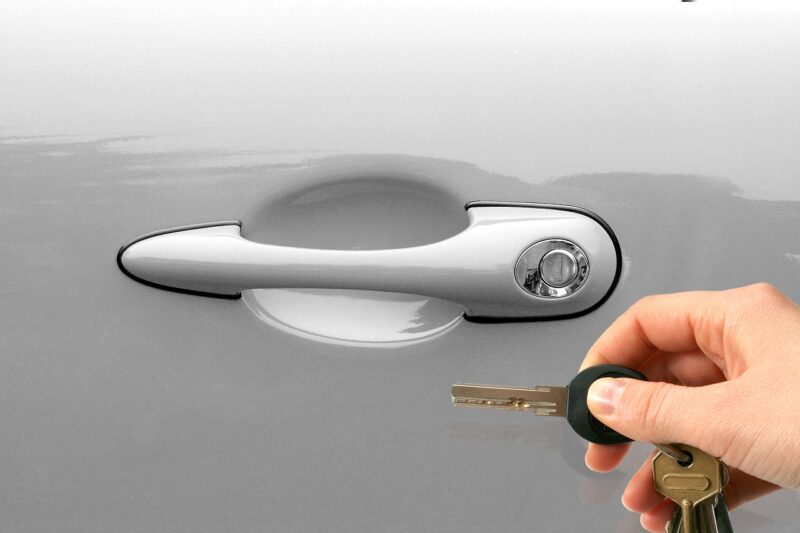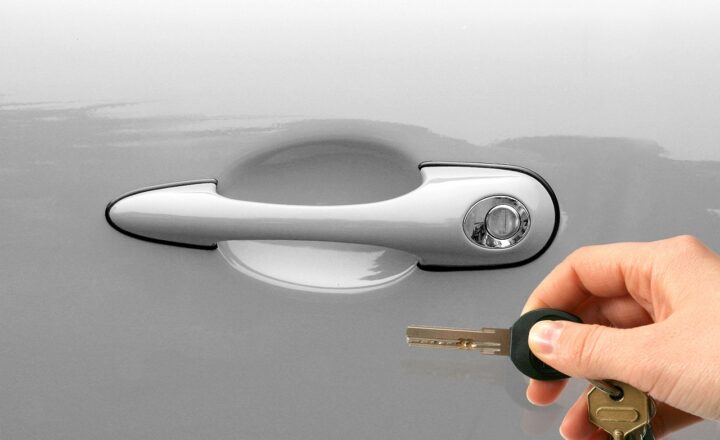
When it comes to acquiring a new vehicle, one of the biggest financial decisions you’ll make is whether to lease or buy. Understanding the advantages and disadvantages of each option can put you in a better position to make a choice that aligns with your financial goals, lifestyle, and driving habits. In this article, we’ll break down the essential factors to consider, helping you determine which option is best for you.
1. Overview of Leasing vs. Buying
Both leasing and buying a car come with their own unique set of benefits and drawbacks. Generally, leasing involves lower monthly payments but commits you to a set term—usually two to three years—after which you’ll need to return the car and either choose to lease another or buy one outright. On the other hand, buying allows you to keep the car for as long as you want after fully paying it off, providing you with more flexibility in ownership.
Here’s a quick comparison:
- Leasing: Lower monthly payments, typically lower upfront costs, mileage limitations, and you don’t own the car at the end of the lease.
- Buying: Higher monthly payments, potential for resale value, no mileage limits, and full ownership once purchased.
2. Understanding Your Driving Habits
Your driving habits can significantly influence whether leasing or buying is the more practical choice for you. Determine how many miles you drive on average each year, as leasing contracts often come with mileage limits of around 10,000 to 15,000 miles per year.
If you exceed these limits, you could incur additional fees that offset the benefits of leasing. For those who drive extensively for work or personal reasons, buying may be the more cost-effective option in the long run since there will be no penalties for exceeding mileage limits.
Conversely, if you drive less and prefer getting a new vehicle every few years, leasing can provide a way to enjoy the latest features and technology without the long-term commitment.
3. Financial Implications
When deciding between leasing and buying, consider the overall financial commitment of each option:
- Monthly Payments: Generally, lease payments tend to be lower than loan payments for buying the same vehicle. This can free up cash for other expenses or savings, which is beneficial if you’re on a tight budget.
- Down Payment: Leasing often requires a lower down payment, sometimes as little as the first month’s payment. In contrast, buying usually requires a more significant upfront investment, depending on the vehicle price.
- Long-term Costs: Although leasing may have lower short-term costs, purchasing a vehicle may be cheaper in the long run, especially if you plan to keep it for several years after paying off the loan.
- Insurance Costs: Lease agreements might require higher insurance coverage, which can add to your monthly expense. When buying, you have the flexibility to choose your coverage.
It’s essential to evaluate your financial situation and determine which option fits your budget best.
4. Maintenance and Repairs
Another significant difference between leasing and buying is how maintenance and repairs can impact your wallet:
- Leasing: Most lease agreements are for new cars that will likely be under warranty during the lease term. This generally means lower out-of-pocket costs for repairs. However, you may be responsible for any excessive damage to the car beyond regular wear and tear when returning it.
- Buying: Once you own the car, you’re responsible for all maintenance and repair costs. With older vehicles, these costs can add up significantly, but owning the car outright means you can choose when to make repairs, giving you more flexibility.
If you’re someone who prefers a new car and doesn’t want to worry about unexpected repair bills, leasing might be more appealing.
5. The Vehicle You Want
Finally, consider the type of vehicle you desire:
- Luxury Cars: Leasing often allows you to drive a more luxurious car at a lower price than buying it. If you love to drive cars with the latest technology and features but don’t want to pay full price, leasing could be advantageous.
- Economical Choices: If you plan to buy a practical, fuel-efficient vehicle to own for several years, purchasing may be the best route. You’ll likely benefit from long-term savings on fuel and the ability to sell or trade in the car later.
Your needs and desires regarding vehicle type can significantly affect your choice between leasing and buying.
6. Conclusion: Making the Decision
Ultimately, whether to lease or buy your next car boils down to personal preferences and financial considerations. Here are some key points to summarize:
- If you prefer lower payments and enjoy driving the latest models every few years, leasing may be the right choice for you.
- If you want to invest in a vehicle for long-term ownership and potentially save money, buying might be the better option.
Consider your driving habits, budget, and how long you plan to keep the vehicle. Creating a pros and cons list for both leasing and buying can also help clarify your choice. Whatever path you choose, remember that making an informed decision is key to ensuring that your next car acquisition is the right fit for you and your lifestyle.





